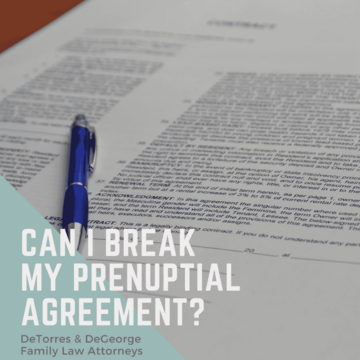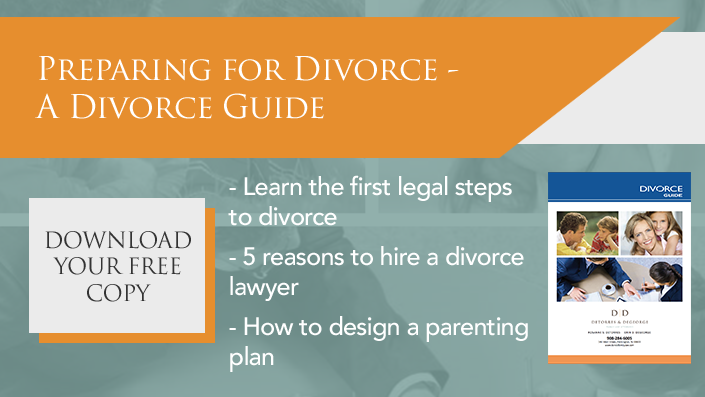 A pre-nuptial agreement is entered into by two parties who are engaged to be married. The purpose of a pre-nuptial agreement is to protect the separate property of the parties by setting forth terms regarding the ownership of those assets and liabilities in the event that the marriage ends in divorce. While many people still view pre-nuptial agreements as appropriate only in high asset marriages, this is not the case. Any person who has assets or liabilities when entering into a marriage can benefit from the protections offered by a pre-nuptial agreement.
A pre-nuptial agreement is entered into by two parties who are engaged to be married. The purpose of a pre-nuptial agreement is to protect the separate property of the parties by setting forth terms regarding the ownership of those assets and liabilities in the event that the marriage ends in divorce. While many people still view pre-nuptial agreements as appropriate only in high asset marriages, this is not the case. Any person who has assets or liabilities when entering into a marriage can benefit from the protections offered by a pre-nuptial agreement.
A standard pre-nuptial agreement provides for the rights and obligations of each of the parties in property that is outlined in the financial disclosure portion of the agreement. It often also outlines the rights to buy and sell that separate property, establish ownership rights in the death benefit of a life insurance policy or retirement asset, and to limit or eliminate the possibility of alimony. An essential aspect of the pre-nuptial agreement is the inclusion of a financial disclosure which sets forth all of the assets, liabilities, and property belonging to each party. It is also important to include the incomes for each party, as well as any investments that may be income producing.
In situations where a party objects to the enforceability of a pre-nuptial agreement, the Court would first look to see if it was signed voluntarily. The court may find that the signing was not voluntary if the pre-nuptial agreement was not presented to the other party until shortly before the wedding. In a situation where one party has a pre-nuptial agreement drafted and gives it to his or her fiancé days before the wedding with the understanding that there will be no wedding without a signature, it is unlikely that the agreement will be enforced.
It is very important that the parties signing a pre-nuptial agreement have sufficient time to meet with and review a pre-nuptial agreement with an attorney prior to signing the document. It is essential that the parties are forthcoming and provide all information sought by the other party regarding their individual assets and income. If the parties agree that they will not exchange proof of these finances or retain legal counsel, there must be a written waiver included in the pre-nuptial agreement.
Given the ease of access to information in the modern world, some people feel that obtaining a lawyer to represent them for the drafting or review of a pre-nuptial agreement is not a worthwhile expense. However, this can be fatal to the pre-nuptial agreement. For example, there was a recent case where neither party was represented by counsel prior to the marriage and execution of the pre-nuptial agreement. The agreement included language regarding the parties’ property and alimony in the event the marriage ended in divorce. However, the party who drafted the agreement did not include language that the parties were waiving the right to full financial disclosure. They also neglected to include a provision that the parties were both expressly waiving the right to have independent legal counsel review the agreement prior to signing. These two errors, coupled with the fact that the agreement was presented only days before the wedding, resulted in the court throwing out the agreement.
At DeTorres & DeGeorge, our attorneys have significant experience in both drafting and reviewing pre-nuptial agreements. Our attention to detail and knowledge of the law assure our clients that they are in good hands. If you have questions about drafting or reviewing a pre-nuptial agreement, contact us at 908-284-6005 or 973-264-4100 to schedule an appointment with one of our attorneys.


 START LIVE CHAT
START LIVE CHAT











